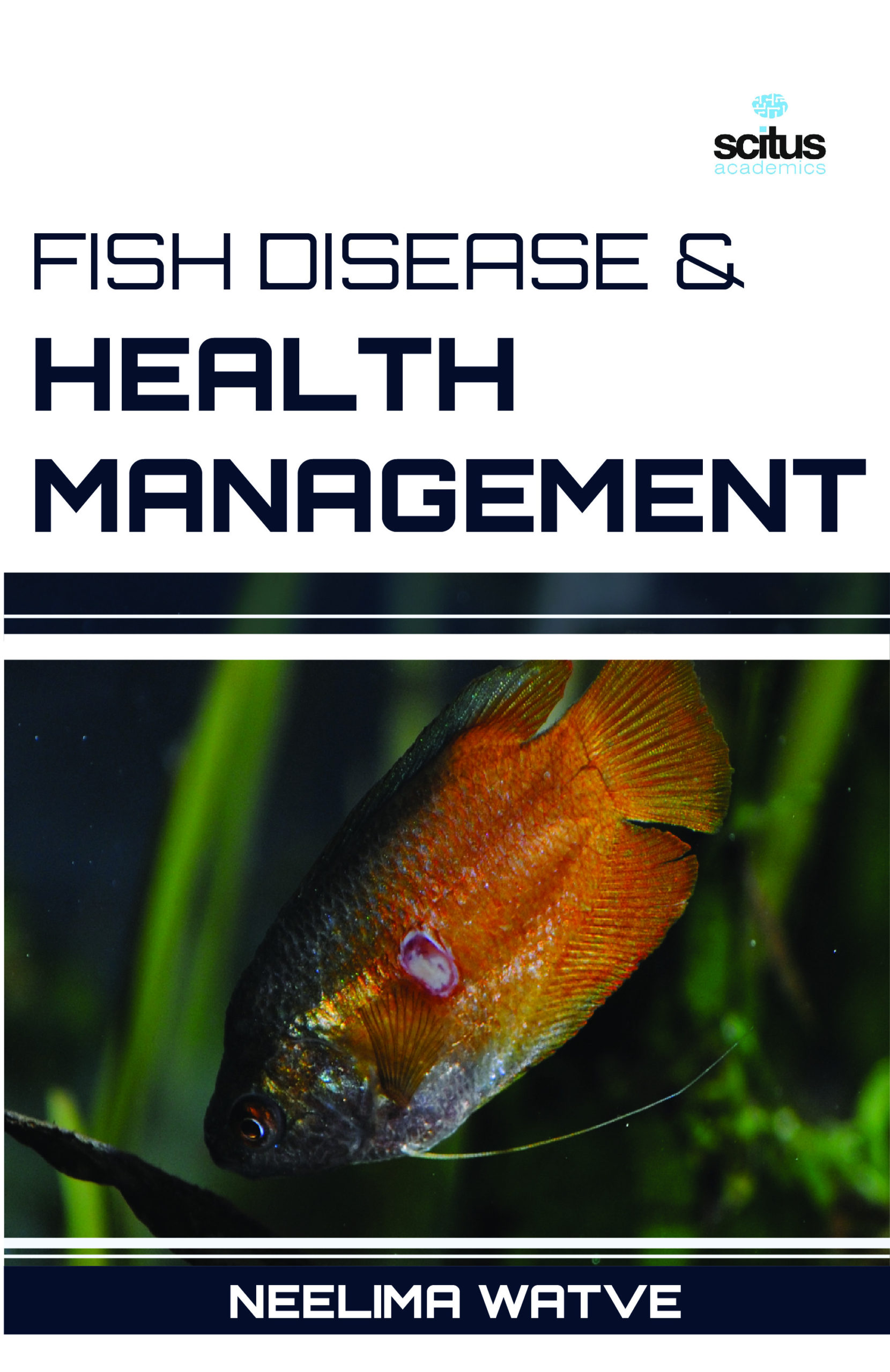Like humans and other animals, fish suffer from diseases and parasites. Fish defenses against disease are specific and non-specific. Non-specific defenses include skin and scales, as well as the mucus layer secreted by the epidermis that traps microorganisms and inhibits their growth. If pathogens breach these defenses, fish can develop inflammatory responses that increase the flow of blood to infected areas and deliver white blood cells that attempt to destroy the pathogens. Specific defenses are specialized responses to particular pathogens recognized by the fish’s body, that is adaptative immune responses. In recent years, vaccines have become widely used in aquaculture and ornamental fish, for example vaccines for furunculosis in farmed salmon and koi herpes virus in koi. Fish health management is a term used in aquaculture to describe management practices which are designed to prevent fish disease. Once fish get sick it can be difficult to salvage them. Successful fish health management begins with prevention of disease rather than treatment. Prevention of fish disease is accomplished through good water quality management, nutrition, and sanitation. Without this foundation it is impossible to prevent outbreaks of opportunistic diseases. The fish is constantly bathed in potential pathogens, including bacteria, fungi, and parasites. Daily observation of fish behavior and feeding activity allows early detection of problems when they do occur so that a diagnosis can be made before the majority of the population becomes sick. If treatment is indicated, it will be most successful if it is implemented early in the course of the disease while the fish are still in good shape.













